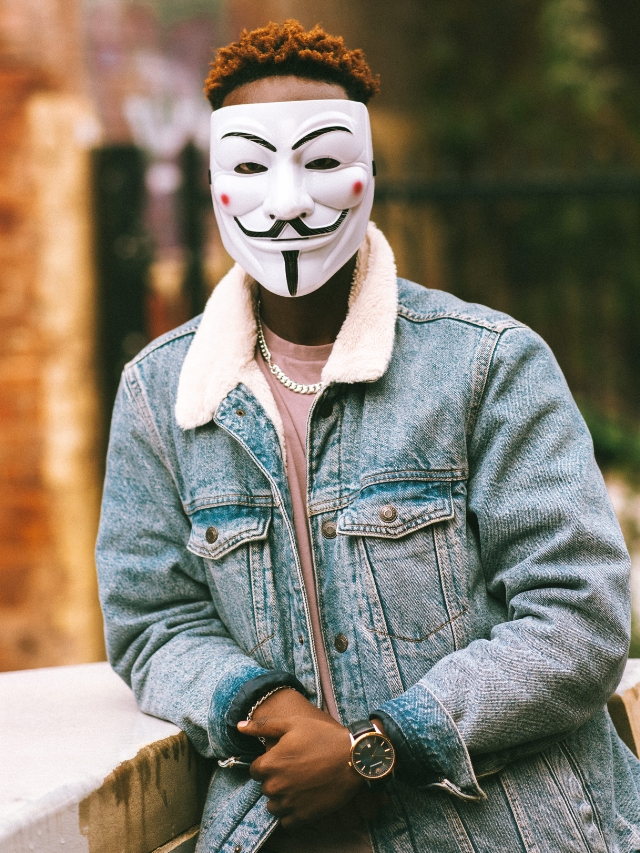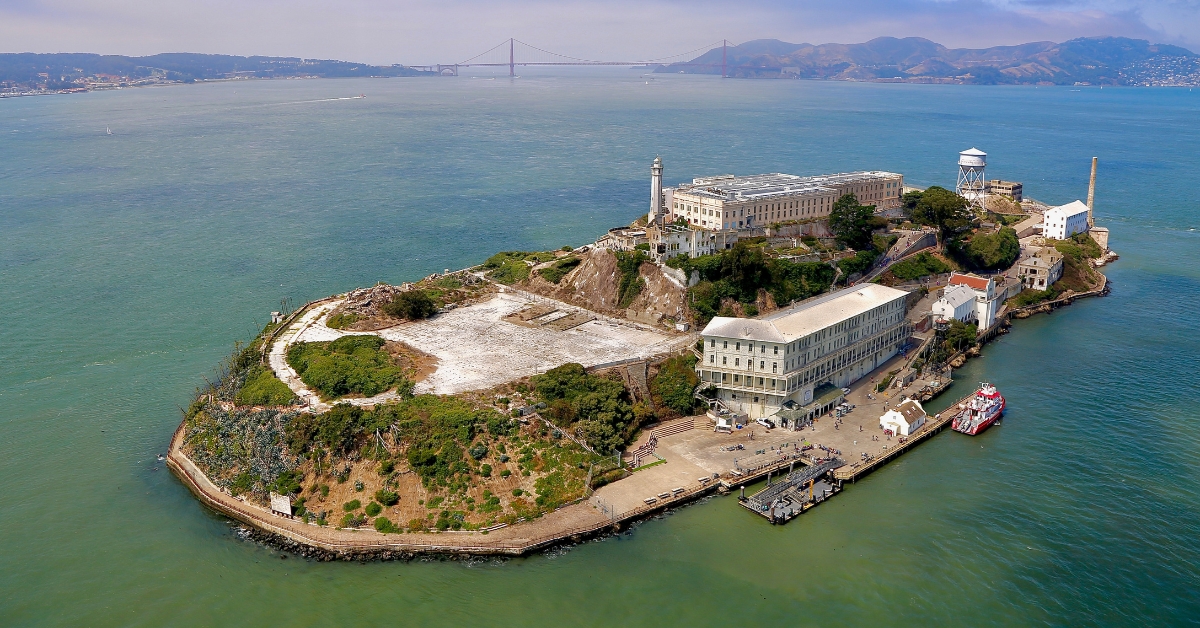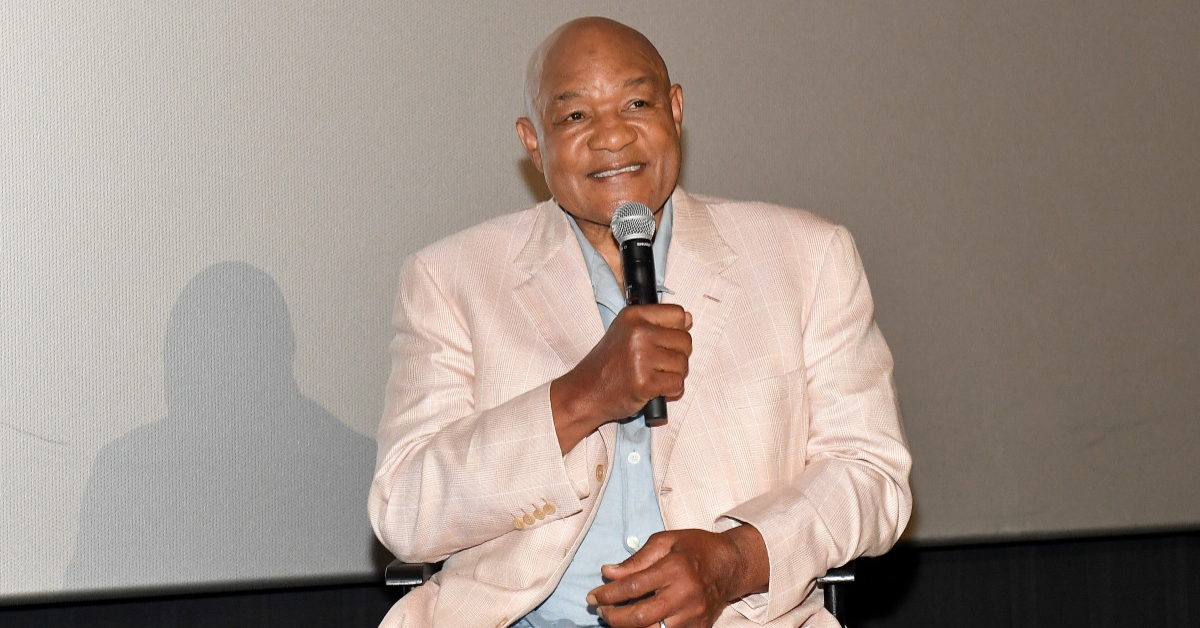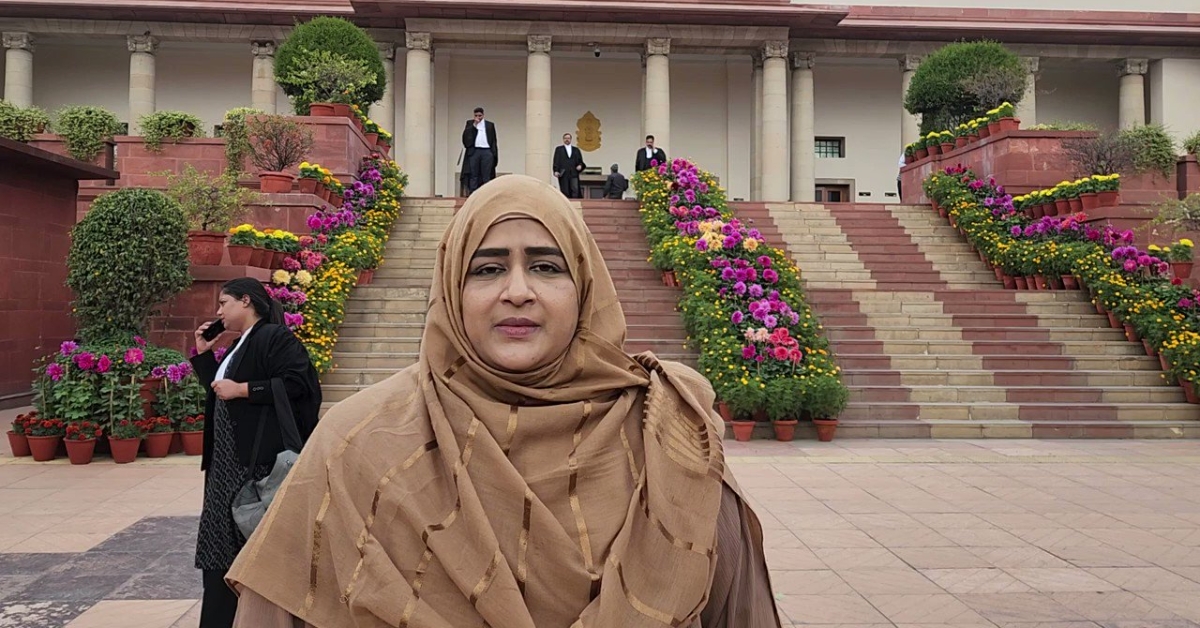Youth Power unites China and Africa’s Gen Z leaders in a lively dialogue, exploring cultural exchanges and future collaborations ahead of the FOCAC summit.
Table of Contents
Picture this: A bustling room full of young minds from across China and Africa, buzzing with ideas, excitement, and maybe too much caffeine.
That is what it felt like during the third episode of the fourth season of Youth Power, cleverly titled “Empowering the Future: China and Africa’s Youth in Action.”
Held just ahead of the big Forum on China-Africa Cooperation (FOCAC) summit in September, this event was more than just another video call.
It was a lively, cross-continental brainstorming session where 100 young leaders from China and Africa did not just talk—they planned, laughed, and got serious about making the world a better place.
Africa and China: A Match Made in Heaven (or at least on Zoom)
First, let us clear up one thing: Africa is not a monolith.
If you thought the entire continent was just one big, hot savannah with the occasional lion, think again.
The Youth Power event was a colorful showcase of the incredible diversity that makes Africa unique.
From the rolling hills of Uganda, where bird watching is a national pastime, to the vibrant football culture of Cameroon (where people probably debate the finer points of the game more passionately than anywhere else), Africa’s Gen Zers made it clear that their countries are as diverse as they come.
Calvin Nyagudi from Kenya even gave a shoutout to the Confucius Institute in his country, explaining how it is helping to bridge the cultural gap between Kenya and China.
“I mean, who would have thought that Mandarin would be the language of choice in Nairobi?”
Calvin joked before turning serious about how these cultural exchanges are bringing people closer.
Beyond the Headlines: Real Stories, Real Impact
However, it was not all fun and games.
The young leaders tackled some serious issues, too.
Uzodinma Gerlof from Nigeria took a moment to applaud his country’s new oil refinery—a project in collaboration with China.
According to Uzodinma, this could finally bring down the oil price in Nigeria, which might be the best news since the invention of jollof rice.
Jenny Andrea from Cameroon was equally excited about infrastructure projects like the Mombasa-Nairobi Railway and the Tanzania-Zambia Railway.
“These are not just tracks and trains,” she said. “They are lifelines connecting people, goods, and cultures.”
A New Spin on ‘Teaching a Man to Fish’
One of the conversation’s most exciting parts was education and talent development.
You know that old saying, “Give a man a fish, and he will eat for a day; teach him to fish, and he will never go hungry”? Well, it turns out that the young leaders of China and Africa are more interested in building entire fishing schools—metaphorically speaking.
Fathiya Mohamed Said from Tanzania noted the impact of Chinese medical teams in Africa.
“When it comes to healthcare, we still have much catching up to do,” she admitted.
However, she quickly added, “Thanks to international cooperation, including Chinese medical teams, we are making strides.”
Zhong Yutong, the show’s host, could not resist adding a small quantity of humor to the serious conversation.
“It is like the pandemic gave us all a crash course in global interconnectedness,” he quipped.
“Suddenly, sharing medical supplies felt like borrowing sugar from your neighbor—only on a global scale.”
A “Debt Trap”? More Like a Trap for Misconceptions
The discussion also touched on more controversial topics around China-Africa cooperation, like the so-called “debt trap.”
However, the participants were quick to dismantle that narrative.
Sheik Osman Seisay from Sierra Leone did not mince words.
“If you call something a trap, it usually means you did not know what you were getting into,” he said, laughing.
“But trust me, when signing these agreements, you know exactly what you are signing up for.”
Calvin Nyagudi echoed this, saying China’s approach to loans and aid is rooted in a shared history and mutual respect.
“Even when things get tough, China does not just pack up and leave. They stick around and work on strengthening the relationship,” he said.
“It is like when your best friend helps you move—sure, it is a pain, but it brings you closer together.”
Looking Ahead: Big Ideas, Bigger Ambitions
The young leaders expressed their excitement about the upcoming FOCAC summit.
Calvin, always thinking ahead, is keen on applying Chinese business models like Taobao Villages to African agriculture.
“Imagine an online platform where African farmers can sell directly to consumers worldwide,” he mused. It could be a game-changer.”
Sarah Marjorey Kisakye has her sights set on education.
“I want to build networks with other young people who have studied in China,” she said.
“There is so much potential to collaborate on projects that could make a real difference back home.”
Youth Power: Not Just a Program, But a Movement
Since its debut in June 2021, Youth Power has become more than just a web series—it is a global platform for Gen Z to tackle the issues that matter most.
Whether through interviews, forums, or even the occasional meme-worthy moment, the program gives young people a voice in shaping the future.
As the discussion wrapped up, it was clear that this was only the beginning.
With the FOCAC summit on the horizon, these young leaders are ready to take their ideas from the screen to the real world, proving that the future of China-Africa collaboration is not just in good hands—it is in the hands of some of the most passionate, innovative, and yes, funny young people out there.












